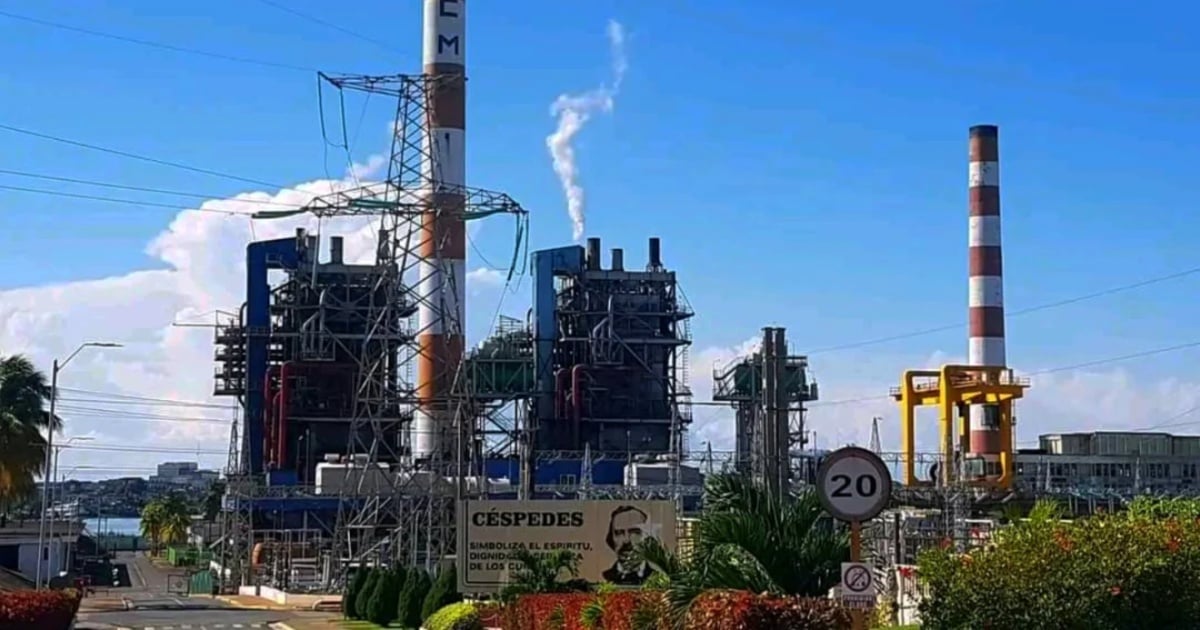On May 2, Cuba braces for another day of extensive power outages, driven by an energy shortfall surpassing 1,400 MW during peak electricity demand periods. The Electric Company reported that service was disrupted for the entire day on Thursday, with outages continuing into early Friday morning. The highest level of disruption on May 1 reached 1,337 MW at 8:00 PM. Officials attributed this to electricity demand exceeding forecasts, compounded by the shutdown of Unit 3 at the Renté Thermal Power Plant from the National Electric System (SEN).
Looking ahead to Friday, an available capacity of 2,014 MW is anticipated against a peak demand of 3,350 MW, resulting in a projected shortfall of 1,336 MW. Given these conditions, a disruption of 1,406 MW is expected during peak hours. The state of the SEN remains precarious, with Unit 3 at Renté and Unit 2 at Felton Thermal Power Plants experiencing failures. Three additional units—Unit 2 at Santa Cruz, Unit 4 at Cienfuegos, and Unit 5 at Renté—are currently undergoing maintenance.
Thermal generation limitations account for 518 MW, and fuel shortages have sidelined 79 distributed generation plants with 552 MW. Additionally, 117 MW at Mariel, 149 MW at Moa, and 54 MW at Regla Barge are out of service, totaling 872 MW lost due to fuel scarcity. Despite the re-syncing of Unit 3 at the Carlos Manuel de Céspedes Thermoelectric Plant in Cienfuegos to the SEN at 7:35 PM Thursday after being offline for over three months, the energy deficit remains unaddressed.
Cubans, enduring power outages lasting up to 20 hours, claim the government conceals its inability to secure sufficient fuel for consistent service. Some argue the energy crisis has become a tool for state control. The situation severely impacts the Cuban populace, leading to prolonged blackouts that disrupt essential services such as water and gas supply and hinder communications and access to information.
The Cuban government has pledged to repair thermoelectric units and other plants to boost generation capacity. However, these promises have yet to yield significant results, as fuel shortages and maintenance issues persist as pressing challenges.
Understanding Cuba's Energy Crisis
What is causing the power outages in Cuba?
The power outages in Cuba are primarily caused by a significant energy shortfall due to increased electricity demand, plant failures, maintenance issues, and fuel shortages.
How are Cuban citizens affected by these outages?
Cuban citizens face extended blackouts that can last up to 20 hours, disrupting essential services like water and gas supply and complicating communications and access to information.
What measures has the Cuban government proposed to resolve the energy crisis?
The Cuban government has promised to repair thermoelectric units and other facilities to enhance electricity generation capacity. However, progress has been limited due to ongoing fuel shortages and maintenance challenges.
